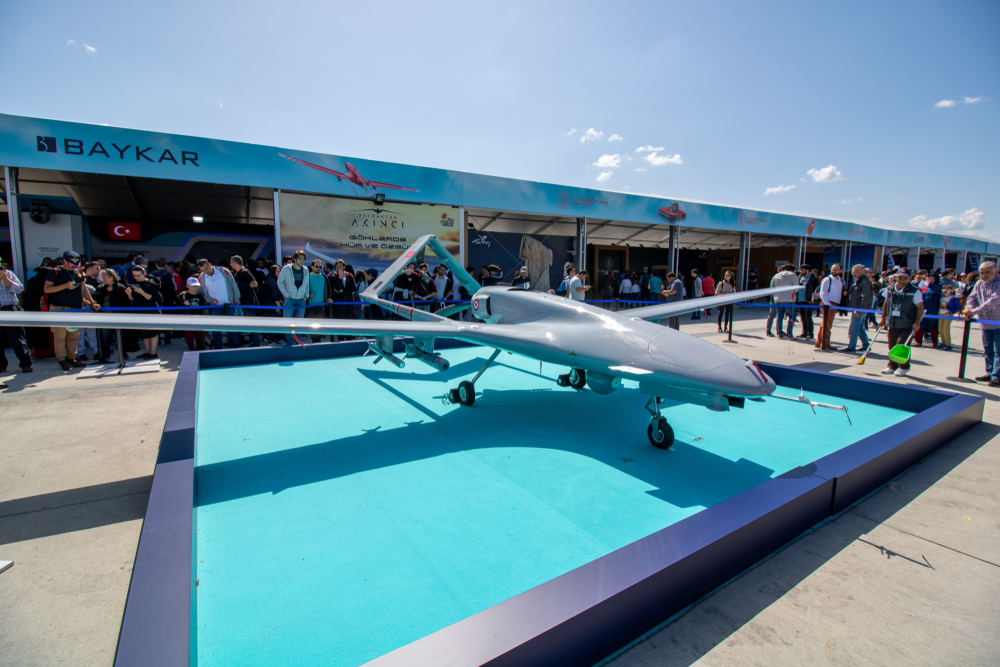Google said on Tuesday that it wants to purchase cybersecurity company Mandiant for $5.4 billion as part of a larger attempt to secure its cloud clients. The publicly listed company, which was launched in 2004, will be acquired for $23 per share by the Mountain View, California-based search engine. If authorities accept the transaction, it would be Google’s second-largest acquisition after the $12.5 billion Motorola Mobility acquisition in 2012. Two years later, Google sold the firm to Lenovo for $2.9 billion. Nest, a developer of smart home products, is Google’s third-largest purchase, which it paid $3.2 billion for in 2014. Alphabet is the parent company of Google. The transaction is likely to be completed later this year.
Source: https://www.cnbc.com/2022/03/08/google-plans-to-acquire-mandiant-for-5point4-billion.html






